Fall Symposium on Digital Scholarship 2022@HKBU
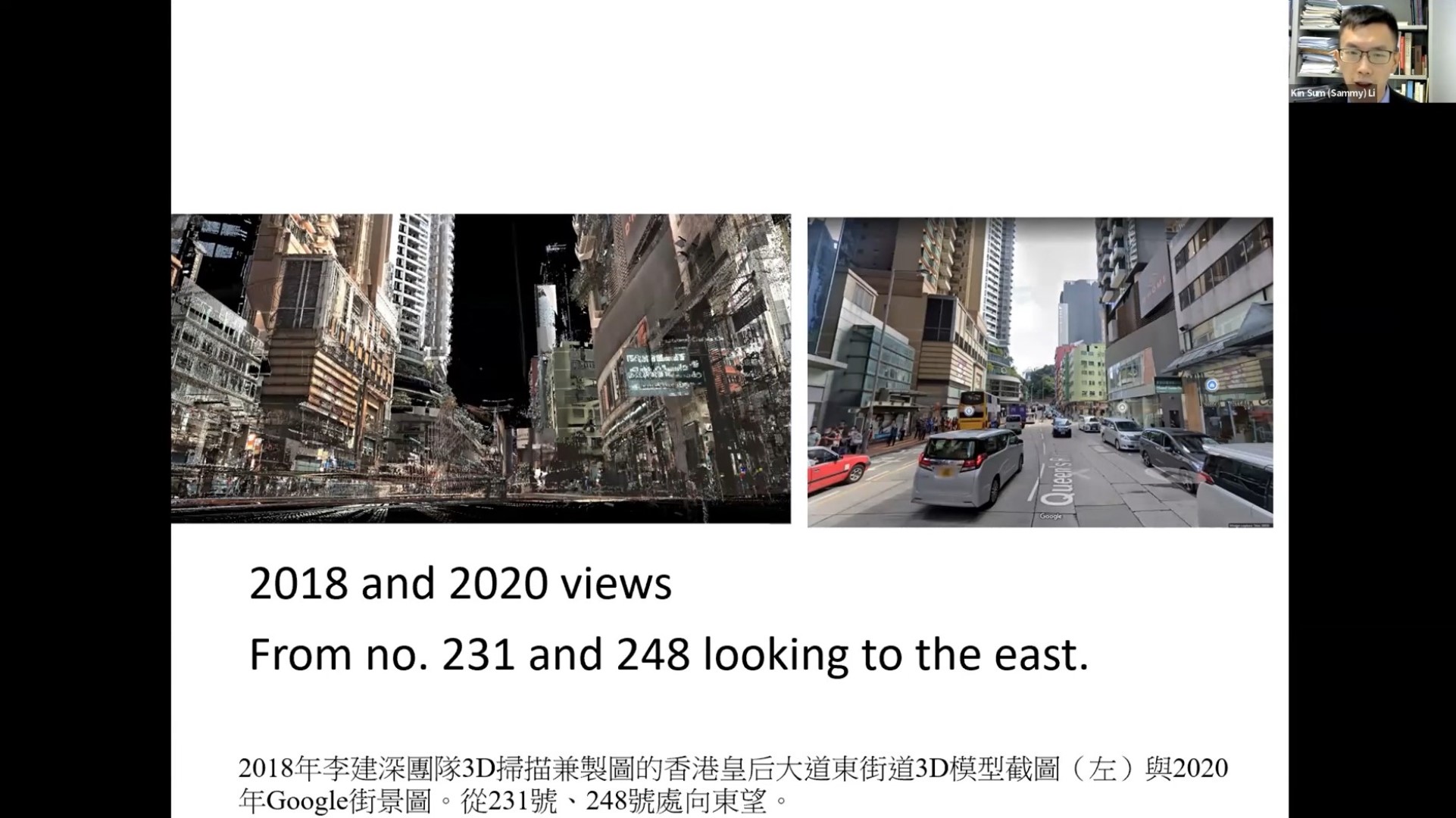
Teaching Chinese History with 3D Models of Artifacts
2022 | 35 mins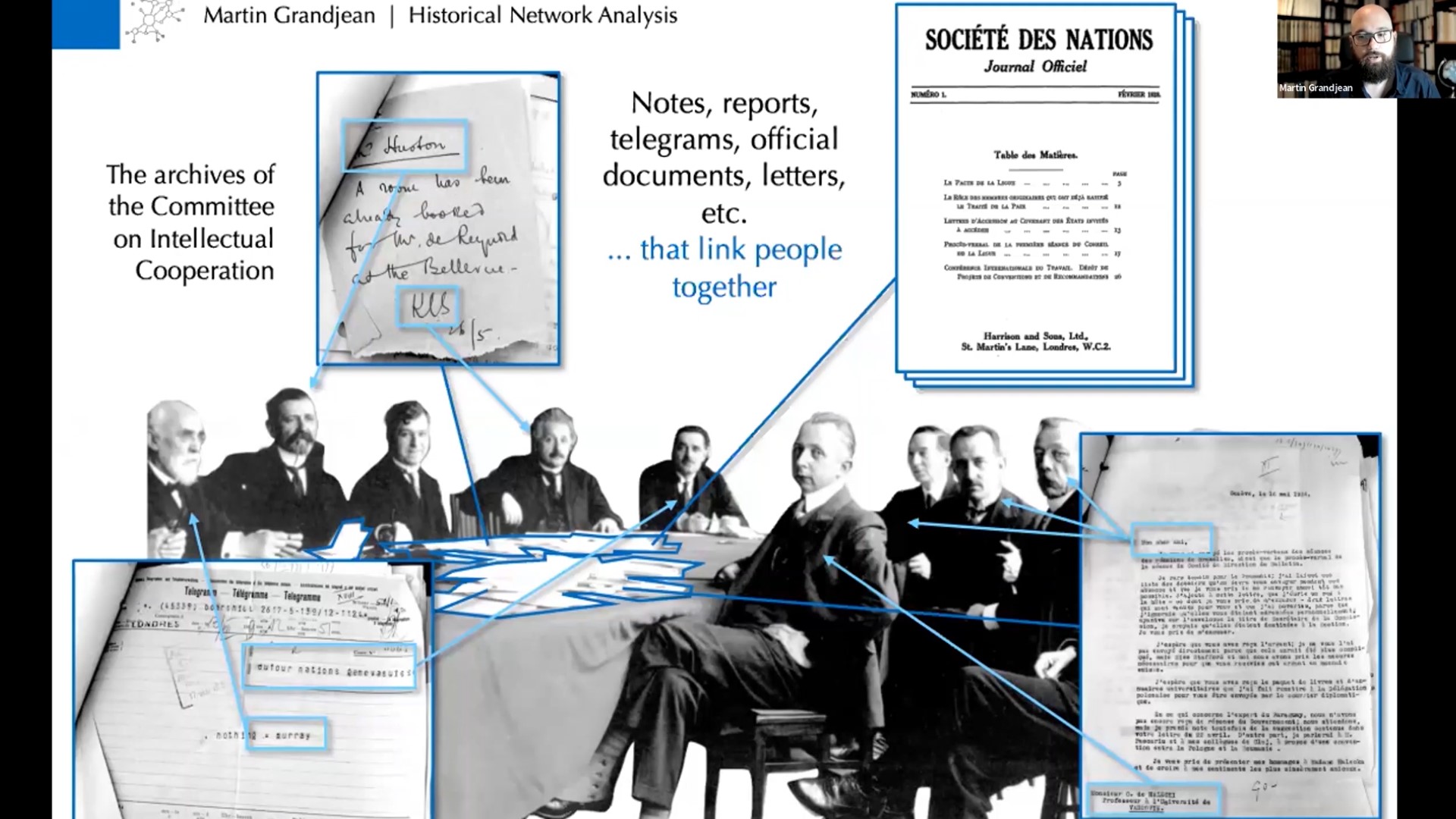
Historical Network Analysis: Understanding the Structure of the League of Nations Archives
2022 | 56 mins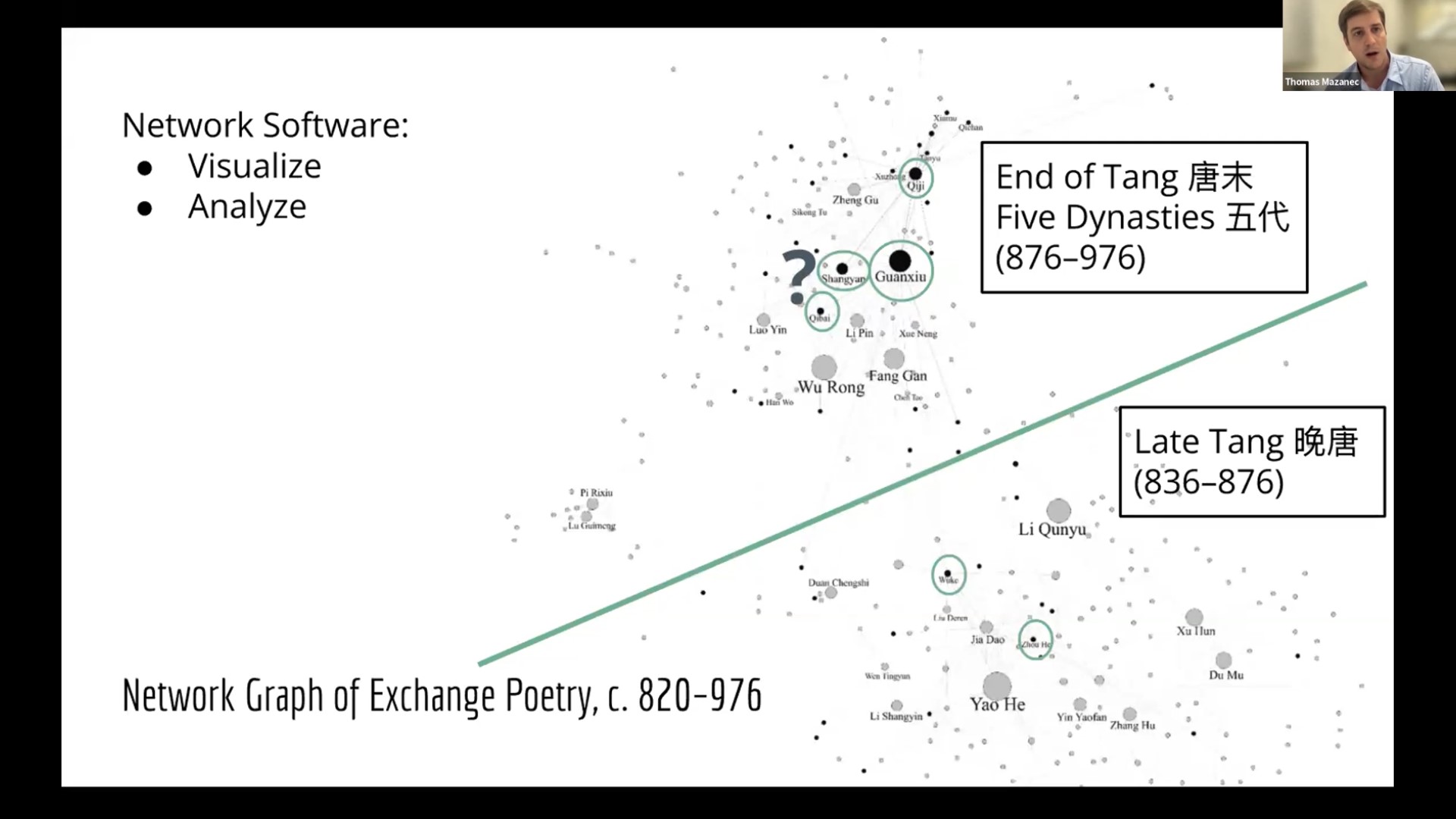
Dynamic Literary History: On Digitally-Assisted Geographic, Social, and Textual Analysis of Late-Tang Poetry
2022 | 46 mins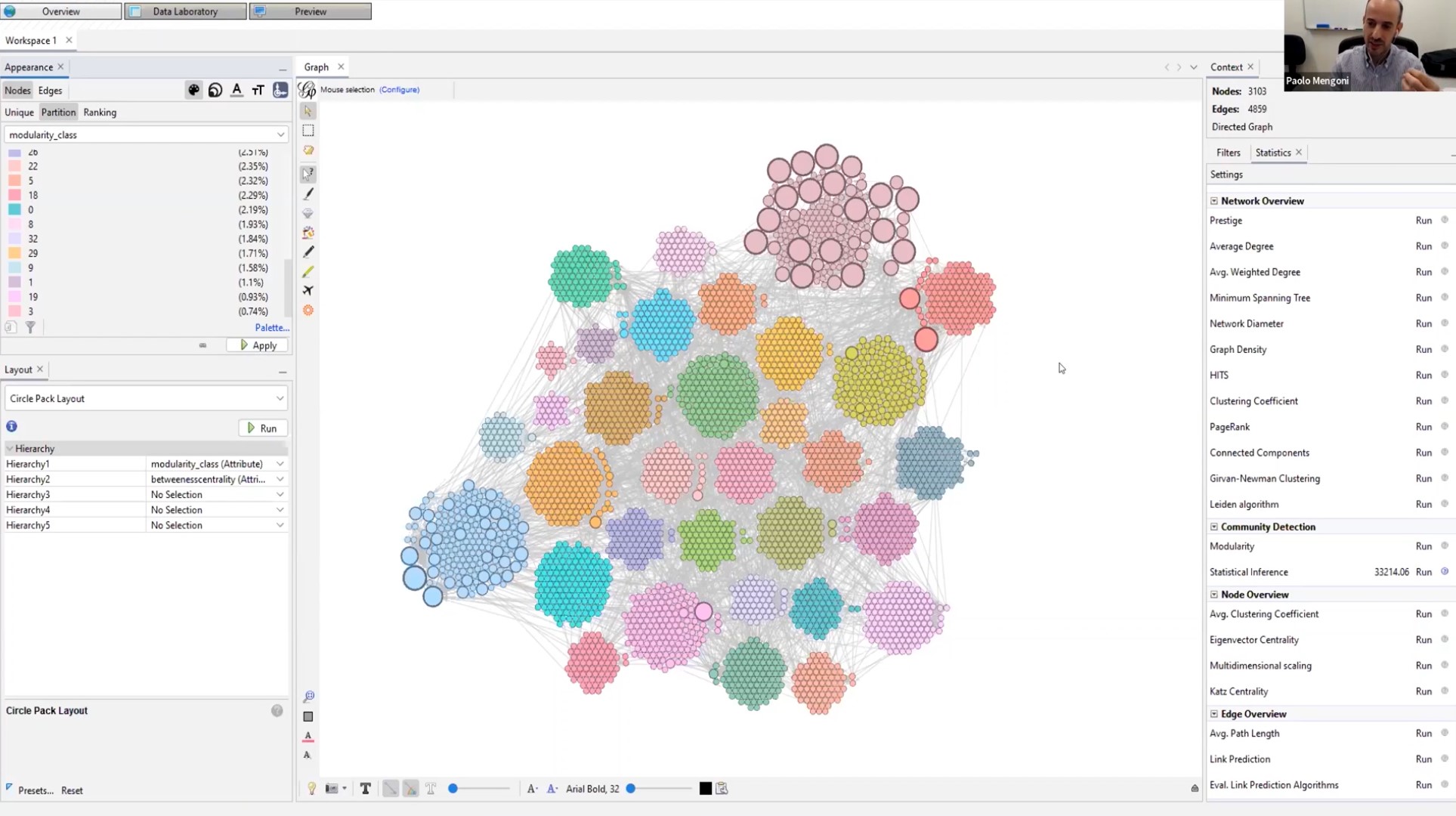
Sci-fi blockbusters' representation of cyborgs and its impacts on audiences' perception of human-machine communication
2022 | 33 mins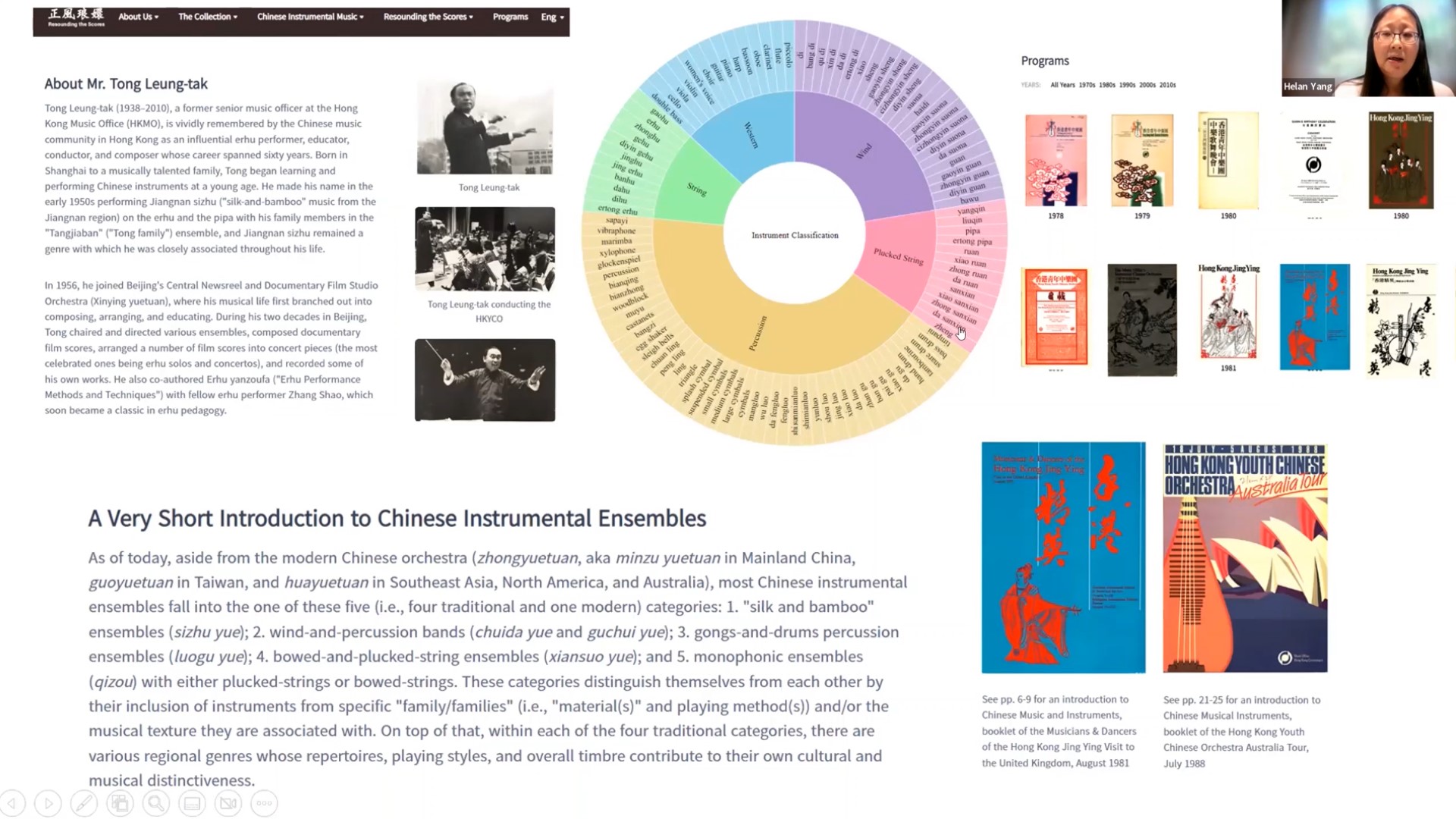
Resounding the Scores - Music Office Chinese Ensemble Music Collection
2022 | 28 mins
Author talk by Tim Tim Cheng
2025 | 81 mins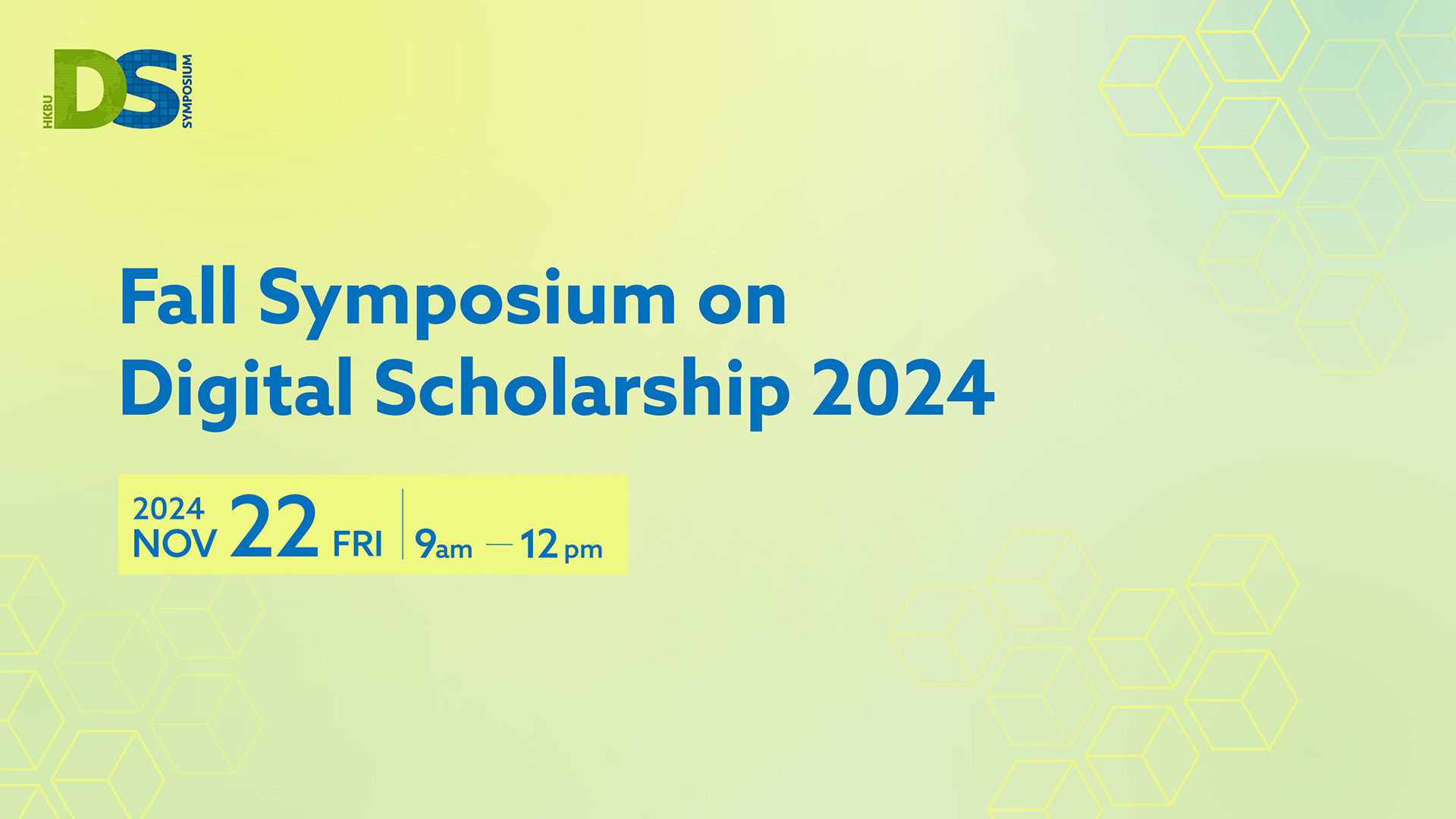
Touring Ottoman Lands: Murray's Routes for Southwest Asia, 1850-1900
2024 | 29 mins
Using Gemini to support OCR in archaic Chinese materials - a case study
2024 | 29 mins
From Grain to Grid: Digitizing Mortise and Tenon's Legacy
2024 | 24 mins
The Japanese Occupation of Hong Kong: A GIS-based Interactive Map Project
2024 | 23 mins
Bridging Tradition and Innovation: Proposing an Adaptive, AI-Driven Research Ecosystem for Humanities
2024 | 73 mins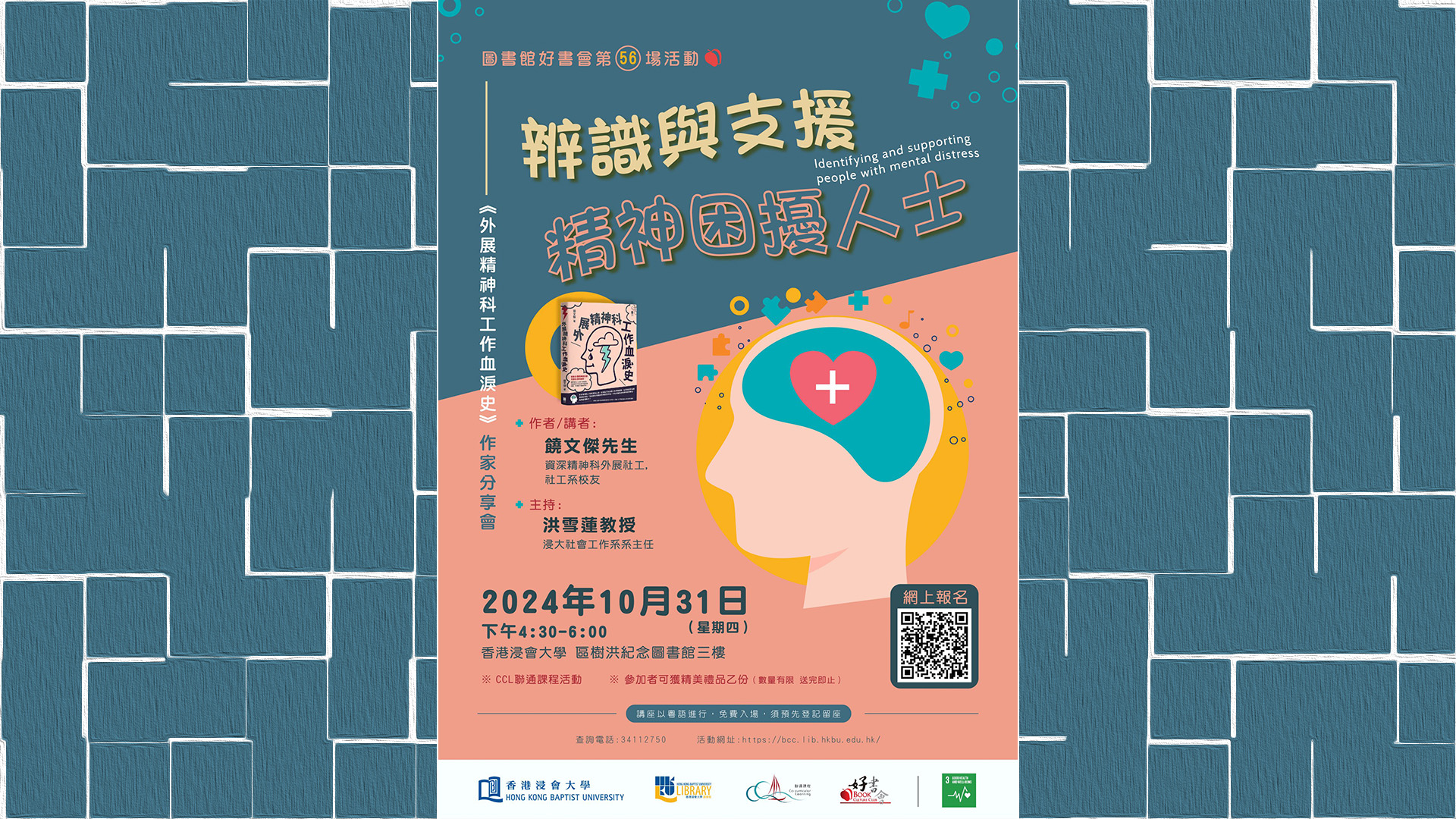
辨識與支援精神困擾人士:《外展精神科工作血淚史》作家分享會
2024 | 82 mins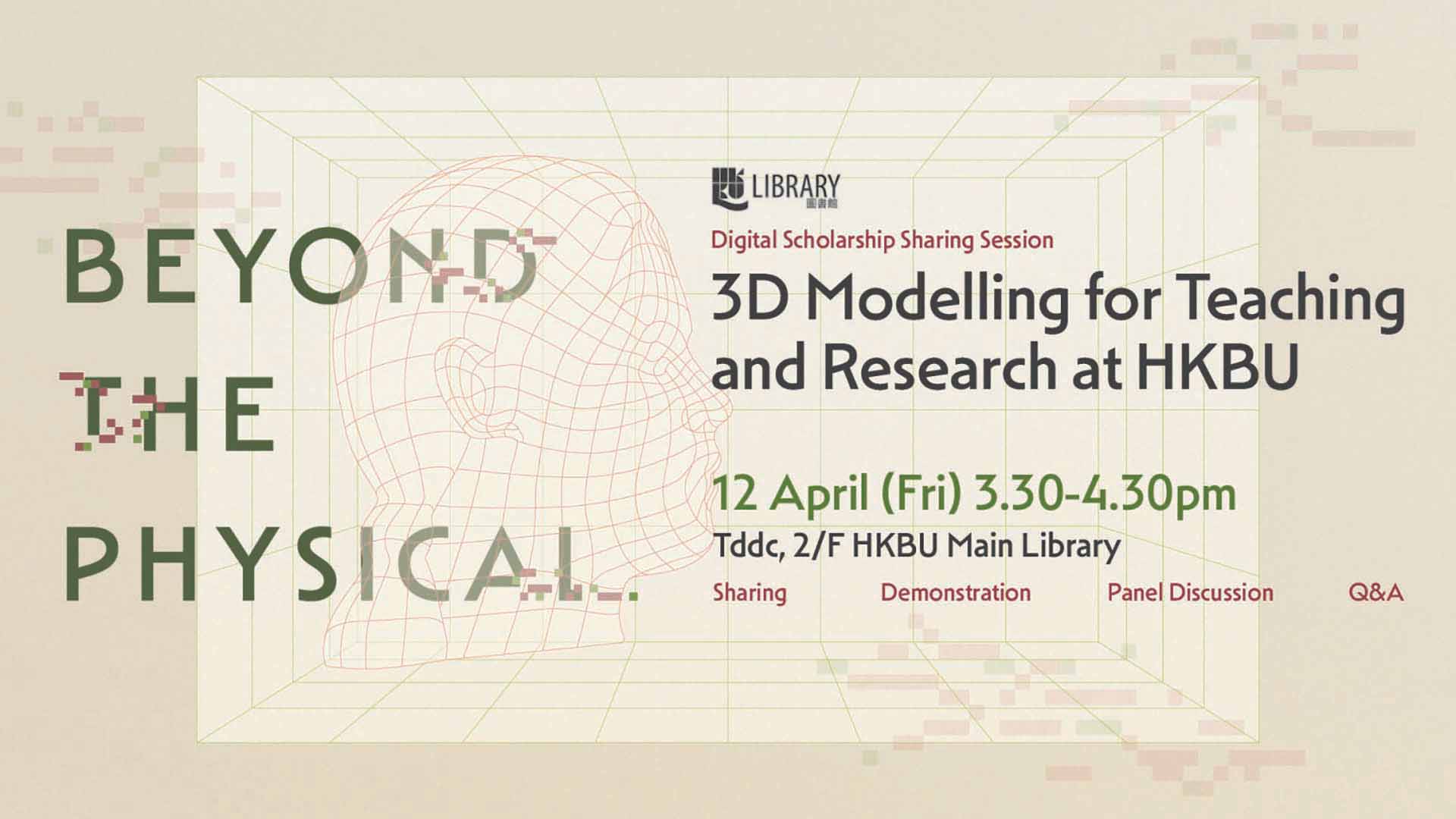
Beyond the Physical - 3D Modelling for Teaching and Research at HKBU
2024 | 60 mins
Data Visualization: Getting Started with Tableau
2024 | 125 mins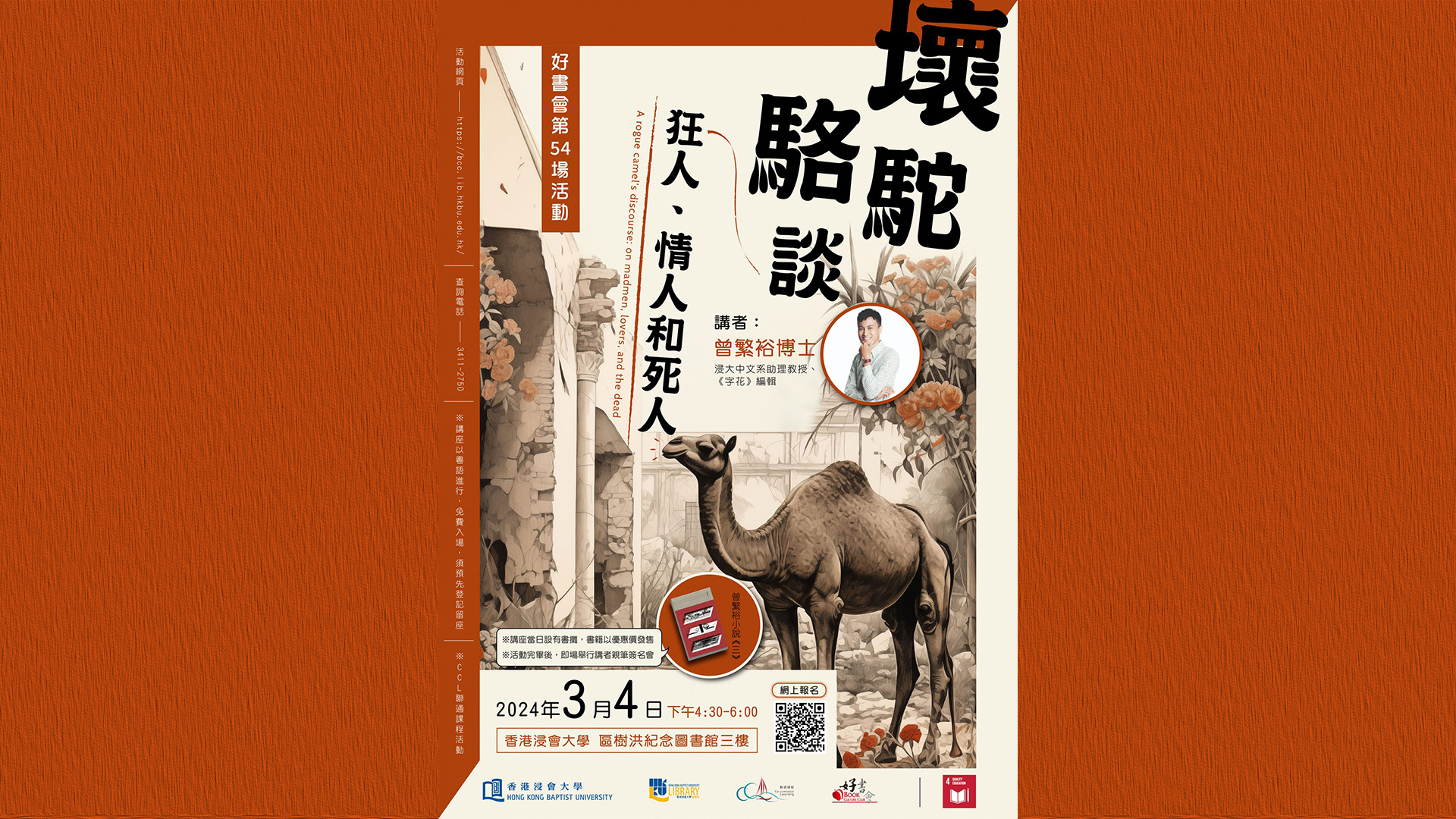
壞駱駝談狂人、情人和死人
2024 | 79 mins






